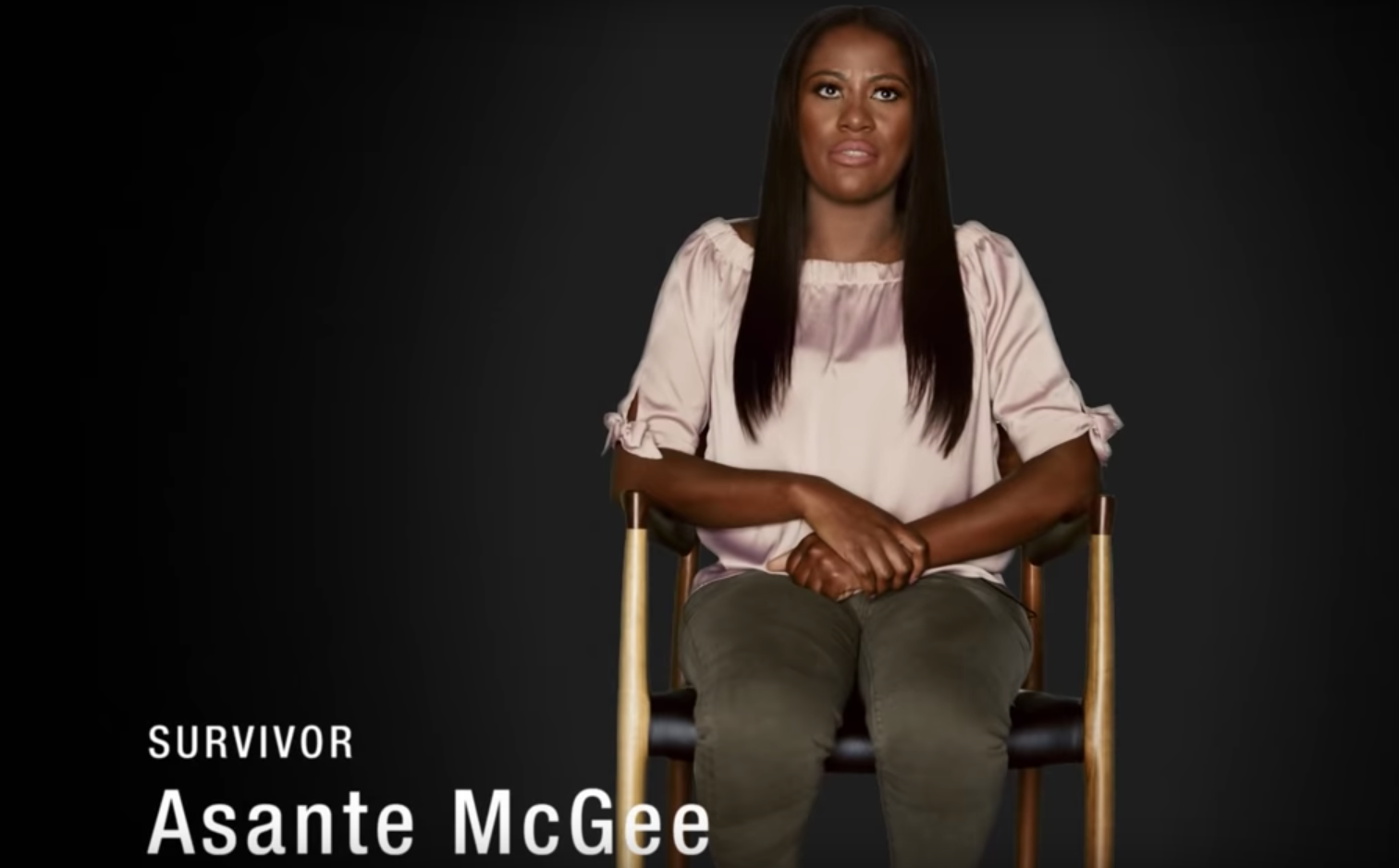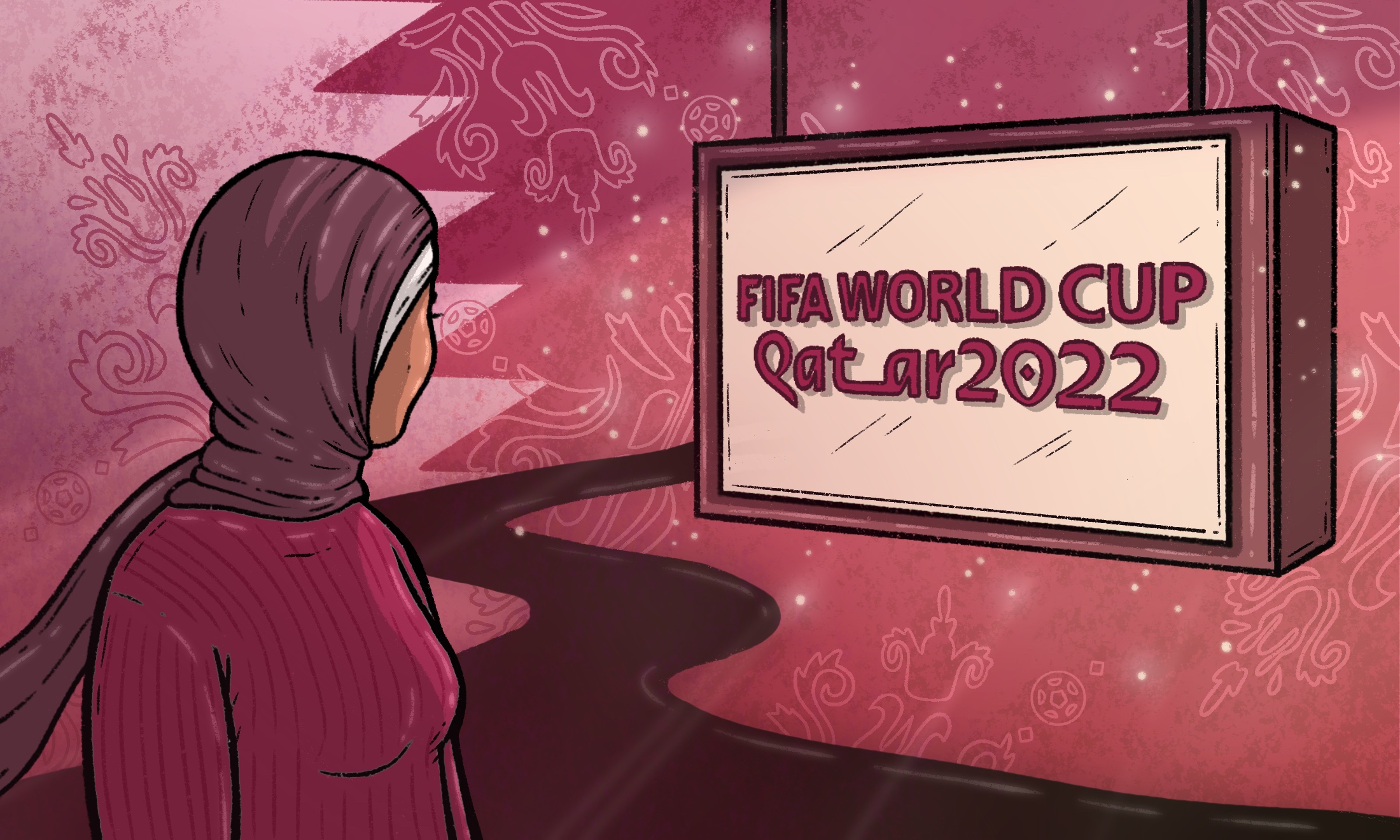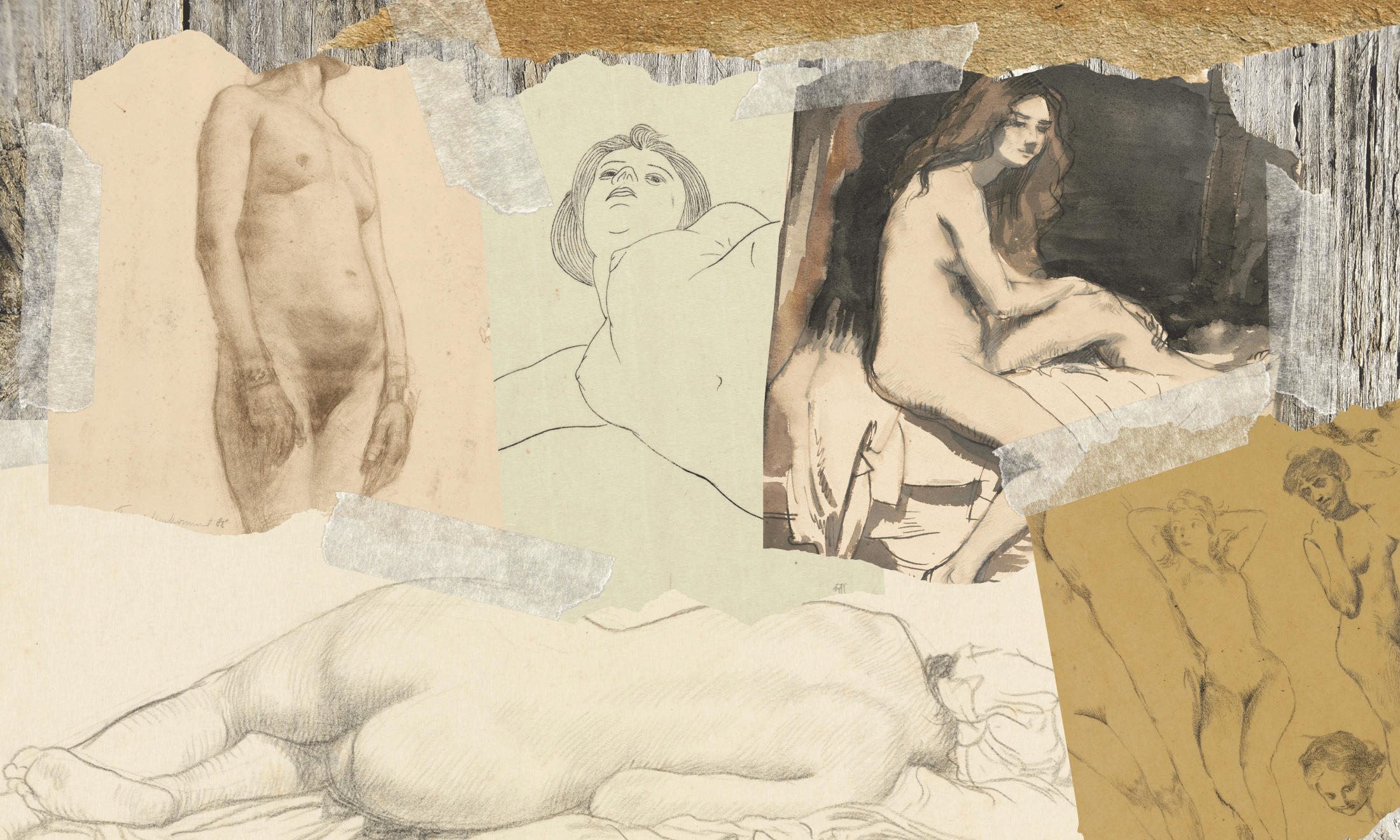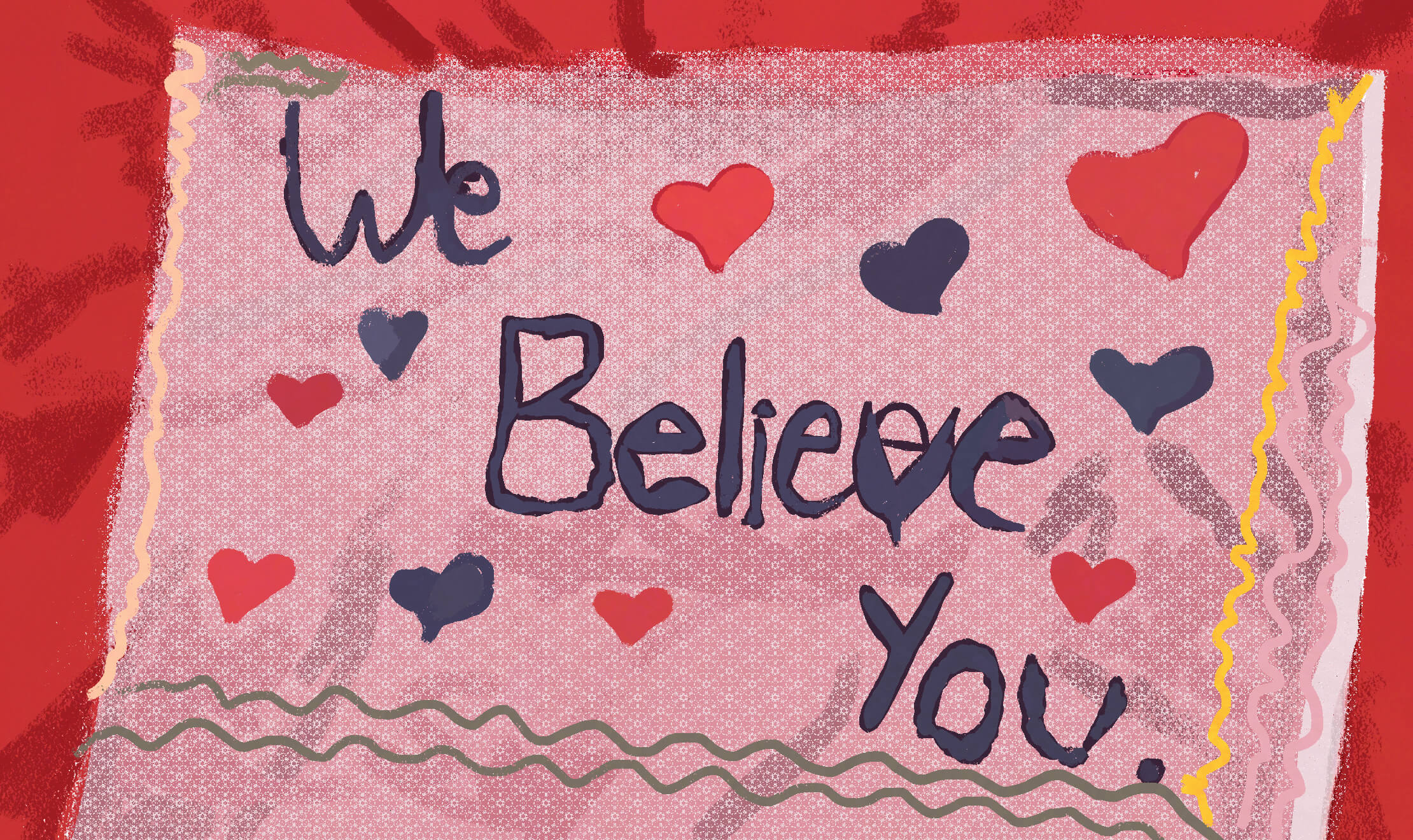
R.Kelly’s abuse raises questions about the sexual exploitation of black British girls, too
Josina Calliste
14 Jan 2019
Image via YouTube
Disturbing allegations against R. Kelly have recently come to light following Lifetime’s six-part documentary series ‘Surviving R. Kelly’. In the wake of such despicable sexual violence against multiple African American girls, we should be asking difficult questions about how black British girls are treated, too. I’ve spent two years researching black women’s sexual health in Britain and this topic left me concerned by the high levels of sexual exploitation and violence we also face.
There are many lessons for us to learn about the sexual exploitation of young black women and collective responsibility, because R. Kelly is a famous man who has targeted, groomed and abused young victims for decades without facing consequences, with countless enablers. We see family friends, security guards, personal assistants and producers all turn a blind eye to his abuse. As part of the #muteRKelly and #MeToo movements, African American women have fought for the low bar of making visible black female survivors of sexual violence. Tarana Burke, one of the original founders of the #MeToo movement said: “It’s painful to see people preference the pain of other people over ours and not give any credence to the trauma, the layers of trauma that happen in our community, particularly around sexual violence.”
“Black women don’t fit the narrow archetype of the innocent victim”
But there’s a similar level of indifference to young black female survivors in the UK, in that they are not at the forefront of our conversations about sexual violence. There is seemingly a collective shoulder shrug and inaction from those with power to addressing this. Black women don’t fit the narrow archetype of the innocent victim.
Child sexual exploitation (CSE) is a type of sexual abuse where the victim receives gifts, money or affection as a result of sexual activity. As seen with R. Kelly, children or young people may be groomed, tricked into believing they’re in a loving, consensual relationship. In the last census of 2011, it was found that black ethnic groups accounted for 13.3% of London’s population. But between November 2014 and November 2015, government data found that black girls accounted for at least 28% of the child sexual exploitation victims in London. 22.4% of London adolescents who experienced serious sexual assault between April 2013 and April 2015 were also black adolescent women. This is likely an under-representation of the scale of the crisis; CSE data is patchy, and incidents are vastly underreported.
“Adults working in these fields have a collective responsibility to address the disparity which leaves black girls and young women at heightened risk of sexual assault and exploitation”
Adults working in these fields have a collective responsibility to address the disparity which leaves black girls and young women at heightened risk of sexual assault and exploitation. Many wonderful people work in schools, clinics and youth clubs across the country supporting the girls in their care. However, based on the statistics, the institutions employing them are collectively failing in their responsibility to care for black girls. Similarly, in research settings, this crisis has been hidden in plain sight; it is concerning that findings from multiple studies conducted in the early noughties around black girls and consent, did not result in rapid and ongoing action to safeguard this group against exploitation and violence.
We know that black boys are often treated as older than they are, too often with fatal consequences. But how does this affect their female counterparts? When #FastTailedGirls began trending online in 2013, it highlighted how young black girls were sexualised and treated as older and positioned as unlikely or unworthy victims. Coercive encounters, non-consensual sexual activity and abusive sexual relationships at a young age compromise the sexual and reproductive wellbeing of victims and survivors.
In the UK, CSE discourse in the last ten years has focused on grooming gangs of predominantly Asian/Muslim perpetrators, and white girls as victims. These are horrific situations which highlight victims being let down by social services, police and other agencies, and the importance of whistleblowers in uncovering failures in their care. However, perpetrators and victims exist across all ethnic groups. We must acknowledge how racial dynamics of sexual violence make some victims hyper-visible, exploit the fear of a racialised Other, and feed into racist narratives around whose sexuality deserves protection. The limited available statistics suggest black girls are hidden victims in public discourse on child sexual exploitation. It is entirely possible that predators like R Kelly benefit from the invisibility of black girls’ sexual exploitation, and can target them with impunity.
“We must acknowledge how racial dynamics of sexual violence make some victims hyper-visible, exploit the fear of a racialised Other, and feed into racist narratives around whose sexuality deserves protection”
It’s time to take action so that black girls are not vulnerable to exploitation and assault by predatory men in Britain. This will involve difficult conversations in our communities, and supporting those who disclose current or historic experiences of violence or exploitation. We will also need to have an open, honest dialogue about the ways in which predators are enabled by present circumstances and attitudes, and to shine a light on institutional failings when they occur. We deserve just as much as our peers in other ethnic groups to heal from any sexual violence previously inflicted upon us. We must fight to stop black girls being abused or exploited in the present by rendering the problem visible, which will, in turn, protect future generations from the same plight. There is an urgency in ensuring #MeToo and other movements do not perpetuate misogynoir by leaving our pain out of the discussion.









